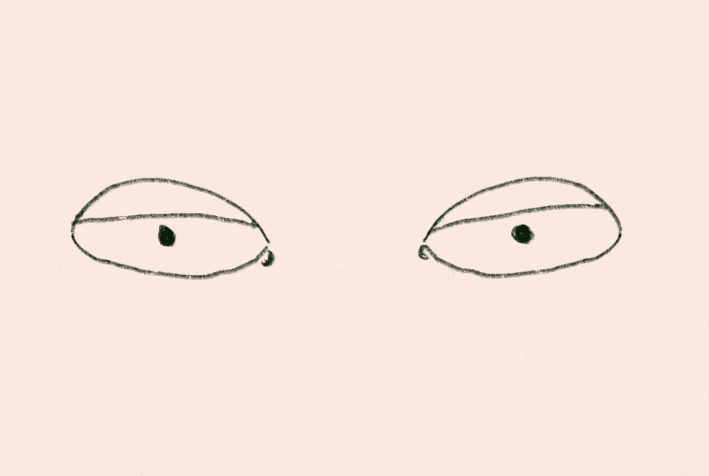

The poet is putting in Achilles’ mouth words that have a double meaning. In his reply, he blames himself for “killing” Patroclus (18.82: τὸν ἀπώλεσα) and connects his friend’s death with his own by stating that he no longer has the will to live, for he is but “a dead weight on the earth” (18.90–91 and 104 respectively). The very next time we find the participle is after Patroclus’ death, when Thetis is about to address Achilles, whose cries of grief she heard from the depths of the sea. Every time βαρὺ στενάχων occurs thereafter, it is used in reference to Achilles’ laments for his dead friend. Its wider significance becomes clear if we turn to its subsequent uses by the poet.

Patroclus “groans” here because of the destruction that Achilles’ absence from the Achaean ranks has wrought upon them but the participle is also “special,” to use Parry’s designation. It introduces Patroclus’ desperate plea to Achilles that he be allowed to wear his armor and enter the fray in his stead (16.20): Τὸν δὲ βαρὺ στενάχων προσέφης Πατρόκλεες ἱππεῦ.

I propose that we examine the speech formulae that include an apostrophe in context, to spotlight the “emotionally qualified” aspect of both the formulae and the apostrophes within them.įor the first of the three speech formulae, we must turn to the beginning of book 16, before Patroclus even heads into battle.
Shifty eyes homer full#
The younger Parry nonetheless went on to point out that even these apostrophes are “emotionally qualified” by a “special, though still formulary, participle in the first half of the line,” before adding, “only by entirely disregarding the context can these apostrophes be regarded as full equivalents, technically determined, of third-person formulae.” He did not develop the point any further. In response to Milman Parry’s statement that apostrophes to characters within the Homeric poems were used strictly for metrical purposes, Adam Parry retorted that this was only true when they occur within speech formulae. One sub-set of apostrophes-those that occur within speech formulae -offers a good illustration of this point. The fact that the majority of apostrophes are principally directed at Patroclus and Menelaus is seen as a reflection of the fact that these are the two heroes that the poem represents as “unusually sensitive and worthy of the audience’s sympathy.” Scholars since Antiquity have interpreted these apostrophes as expressions of particular concern on the part of the poet for the characters in question. Much like a historical present, they take the listener into the here-and-now of the scene, creating a sense of greater proximity with the character being thus addressed. To what end? In the Iliad, the overwhelming majority of apostrophes are addressed to Patroclus (8 times, all of them in book 16 ) and Menelaus (7 times). The apostrophe disrupts the flow of the third-person narrative by bringing the poet, performer, and audience in direct contact with one of the characters.

Apostrophes in Homeric poetry-those instances where the poet addresses a character directly in the vocative-are “embarrassing” for the reader and critic.


 0 kommentar(er)
0 kommentar(er)
